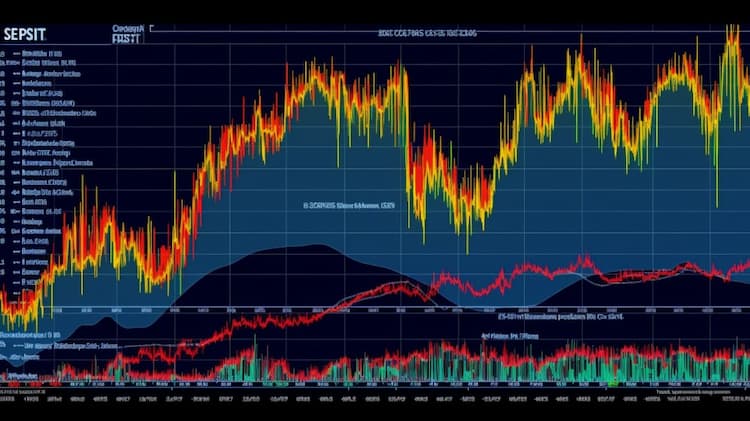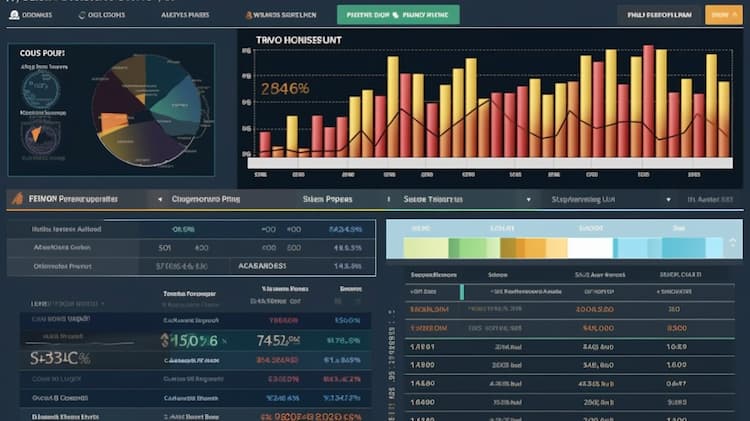
FXH VS VHT
In the world of finance, especially in the sector of exchange-traded funds (ETFs), a recurring topic among investors is the debate between FXH and VHT. Both are reputable ETFs with specific offerings tailored to cater to diverse investment objectives. This article aims to provide a detailed comparison between the two to guide potential investors in making informed decisions.
FXH VS VHT: Sectors and Top Holdings
One of the most vital points of comparison when considering ETFs is the sectors they represent and their top holdings.
FXH, also known as the First Trust Health Care AlphaDEX Fund, aims to provide investors with exposure to the healthcare sector of the U.S. equity market. Its portfolio is constructed using a rules-based methodology that looks to exploit opportunities in the healthcare space. With a vast collection of biotechnology, pharmaceuticals, and healthcare equipment stocks, FXH offers a diversified approach to the health care niche.
On the other hand, VHT represents the Vanguard Health Care ETF. VHT provides broad exposure to the U.S. healthcare sector, encompassing everything from pharmaceuticals and biotechnology to healthcare providers and services. Its top holdings often include powerhouse companies like Johnson & Johnson, Pfizer, and Merck, providing a solid backbone for investors.
When contrasting the two based on sectors and top holdings, the choice comes down to the investor's preference for the method of portfolio construction and belief in specific healthcare segments.
 FXH overlap FXH VS VHT
FXH overlap FXH VS VHT
FXH VS VHT: Capitalization Strategy
Capitalization strategy, or how the ETFs weight their holdings, is another pivotal factor to consider.
FXH follows a strategy based on the AlphaDEX methodology, which means instead of merely replicating an index, it utilizes a stock selection approach. This process involves ranking stocks on factors such as growth, valuation, and momentum. Thus, it might tilt more towards mid-cap stocks based on its ranking methodology.
VHT, meanwhile, is cap-weighted, which means its assets are allocated based on the market capitalization of its holdings. This approach generally leans towards large-cap stocks. As a result, investors in VHT get higher exposure to the giants of the healthcare industry.
For those who believe in the potential outperformance of mid-cap stocks, FXH may be more appealing. But for those who prefer the stability and historical performance of the big players, VHT might be the more suitable choice.
FXH VS VHT: Tracking and Exposure
The efficiency of an ETF can often be measured by how closely it tracks its underlying index. Both FXH and VHT do an admirable job in this regard, with minimal tracking errors.
FXH's exposure is more dynamic, given its rules-based methodology. This means that it might occasionally take on riskier bets based on its ranking system. However, it can also potentially lead to higher returns if those bets pan out.
VHT, by being cap-weighted, usually has a more predictable exposure. It leans heavily towards the giants in the healthcare space, and its performance is more likely to mirror the broader healthcare market's performance.
Conclusion
Choosing between FXH and VHT comes down to an investor's philosophy and risk tolerance. If one believes in the potential of a rules-based methodology and the opportunities in mid-cap stocks, FXH is the go-to option. However, for those who want a broader and more predictable exposure to the healthcare market with a bias towards large-cap stocks, VHT is a more fitting choice.
Both ETFs have their merits and cater to different investment preferences. As with all financial decisions, it is essential to do thorough research and perhaps even consult with a financial advisor to make the best decision tailored to individual needs.
Sources:
- First Trust Health Care AlphaDEX Fund website.
- Vanguard Health Care ETF official page.
- Morningstar ETF analysis reports.
- S&P Global Market Intelligence.
- ETF.com analysis reports.
FXH ETF issuer
FXH ETF official page
VHT quote and analysis
Discover the top holdings, correlations, and overlaps of ETFs using our visualization tool.
Our app allows you to build and track your portfolio.
To learn more about the VHT Vanguard Health Care ETF, access our dedicated page now.

















